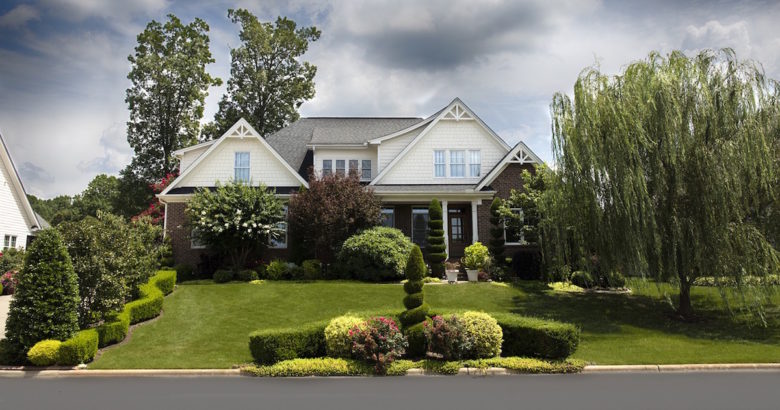What You Need to Know About Renting Out Your Home
You’re ready to move but don’t want to sell your home. It’s in a great location, and you want to be able to use it when you’re on vacation or visiting family. You’ve considered turning your home into a rental but wonder how that works with liability and insurance. The extra money would be great, but what if renters wreck your house?
Whether it’s for a short term or a long term rental, here’s what you need to know if you’re thinking about renting out your home.
Short Term Rentals
When you use your home for short term rentals, this means that renters are in your home for a few days or a few weeks at a time. Typically, short term rentals are offered for vacationers or anyone who needs a very temporary place to stay but doesn’t want be in a hotel.
Before you decide to rent out your home, talk with your insurance agent. Your home insurance may cover you as long as you’re only renting out your home for a short amount of time, between four and 10 weeks in a year. If your insurance doesn’t include this option, or you’ll be renting your home for longer than the allowed time, you’ll need a landlord insurance policy.
If you decide to offer your home for short term rentals on an ongoing basis, you’re now operating as a business, and your home insurance may not cover any damage. You’re going to need a business insurance policy similar to the kind hotels and bed and breakfasts use. This will cover damage to your property and liability from accidents, injuries, and other problems.
Long Term Rentals
A long term rental is typically six months or longer and can occur in a home or an investment property you buy specifically to rent out. Either way, you’re going to need a landlord or rental dwelling insurance policy. Homeowner’s insurance won’t cover a long term rental.
Landlord policies cover physical damage to the property caused by fire, theft, lightning, wind, hail, snow, and other losses. It also covers any personal property you leave at your home for the tenant to use or to maintain the property. Most landlord policies will also include loss of rental income if you’re unable to rent out your home while it’s being repaired or rebuilt after a covered loss.
Renting your home is a great way to keep a beloved property, build a side income, and have your own vacation home when you want one. Before you rent, make sure you know what your responsibilities will be so there are no unpleasant surprises.


Comments are closed.